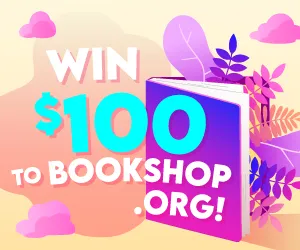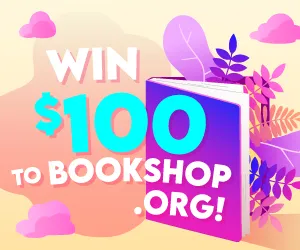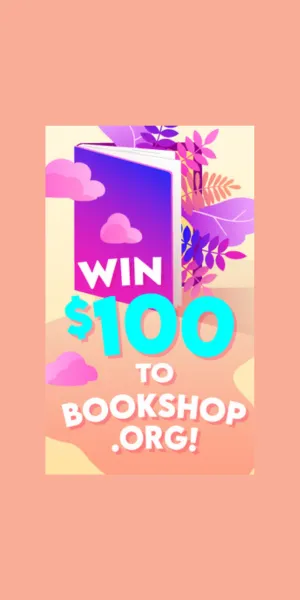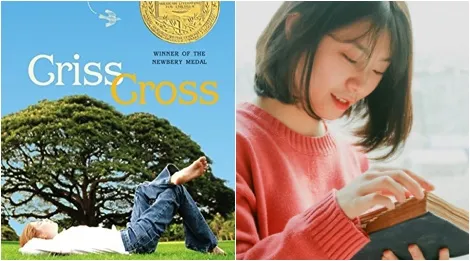
Lynne Rae Perkins’ CRISS CROSS is YA Lit at Level 11
Elizabeth Bastos is a nature contemplative.
Twitter Handle: @elizabethbastos
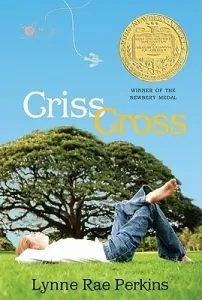
When I picked up Criss Cross it was a home-coming. Here was the feeling captured in words of being the only kid with an egg salad sandwich! Here were nerd farts—not specifically, but Hector seems like the kind of character, a contemplative, who would deeply engage with me on the subject. Bless him.
I read Criss Cross in one go in the children’s section of the main branch of the Cambridge Public Library while my children were engaged in a community Lego build, in mid-July last summer, with afternoon’s golden light streaming through the large windows and was transported to mid-July, Pittsburgh, 1979. It was heavenly. The book’s pages smelled of graham crackers and milk. Though perhaps that smell was being emitted by the toddler next to me, sleeping in a stroller.
Hector reminded me of a less tidy, more funny, more complicated version of Charlotte’s Web’s Wilbur. Reimagined as an animal, I perceive Hector as groundhog. Of course, groundhog is also what I perceive in myself.
The book is a triumph of dreamy, character-development goodness for YA readers and perpetual adolescents like myself. Nothing happens except that a necklace is lost. A necklace is found. And there is imperceptible, powerful growing up. The way first spring daffodil greens cause frost heaves and the ground to buckle.


















